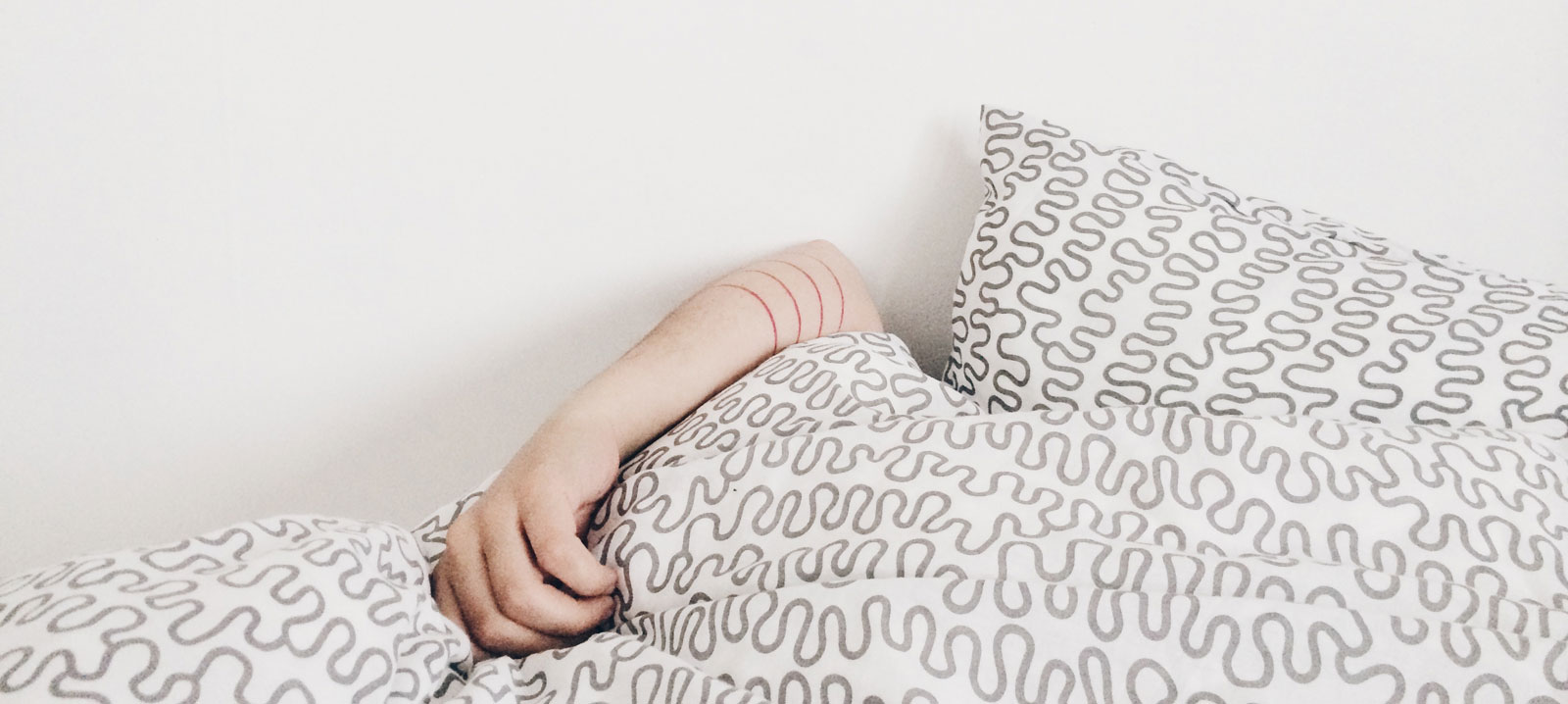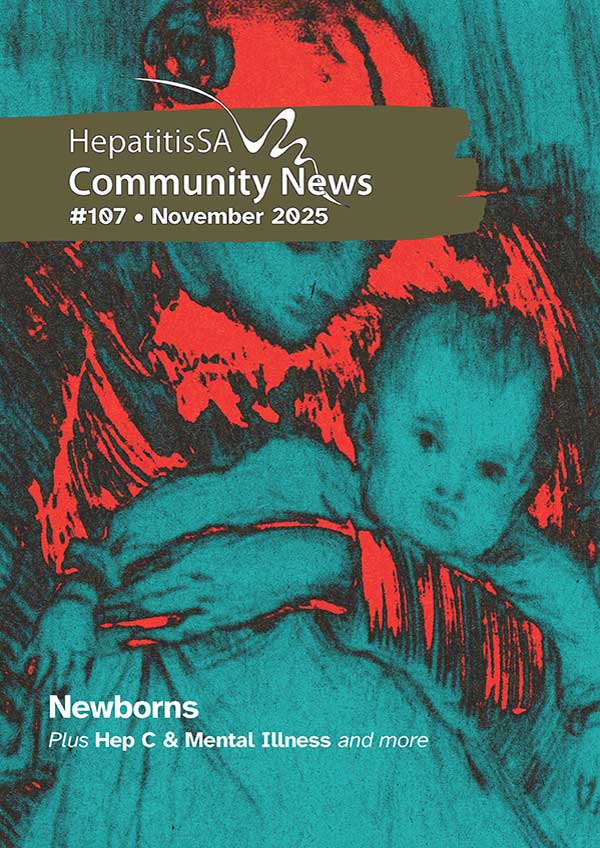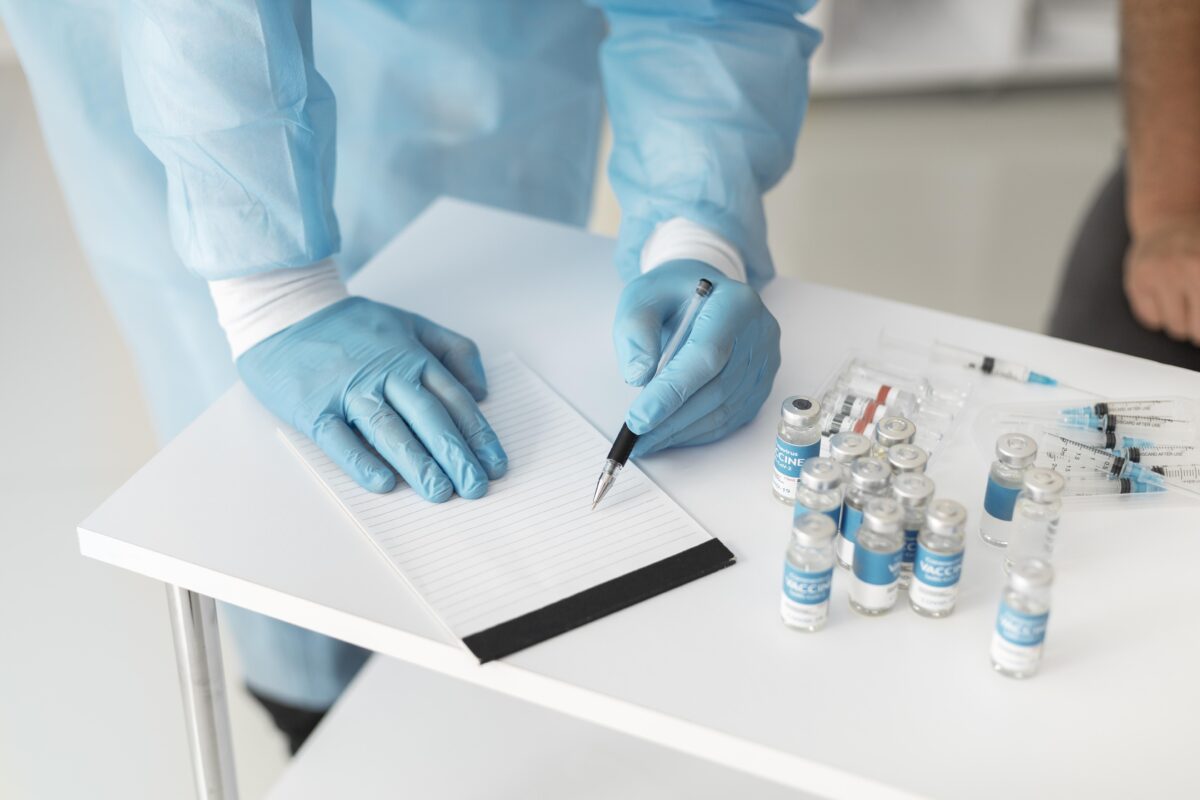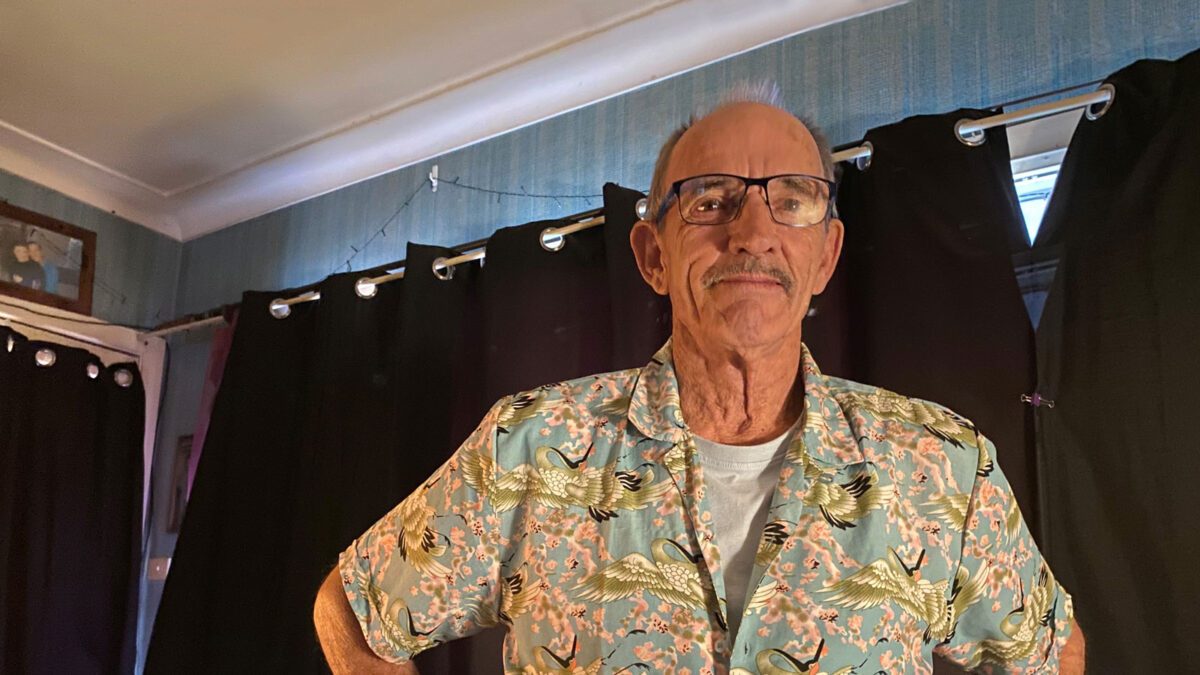Sleep is especially important when you have viral hepatitis. Your body is already dealing with the effects of hepatitis B or C and your liver is in need of extra care. Along with a nutritious diet and regular, moderate exercise, sleep is at the core of staying as well as possible.
Your liver performs different functions at different times. Sleeping at the time when your liver is working the hardest – thought to be between 9 pm and 3 am – can give it a break and potentially improve how well you feel during the day.
The overall benefits of good, regular sleep are enormous so it’s worth establishing some good sleep habits if you don’t already have them in place. Good sleep:
- keeps your appetite regulated,
- makes you more emotionally resilient,
- gives you more energy and
- allows your body to repair and perform essential functions
It sounds great doesn’t it? But some of the things we love are really bad for our sleep. Let’s take a look at the top don’ts for good sleep.
Sleeping at the time when your liver is working the hardest can improve how well you feel during the day.
Don’t
Drink coffee
Yes, I hate to break it to you but sleep experts agree that any amount of caffeine is probably affecting your sleep. Falling asleep, staying asleep and sleep duration are all disrupted by caffeine. Green and black tea, coffee, energy drinks, colas and chocolate all have significant amounts. It’s recommended that if you can’t go without entirely that you try having your last one 10 hours before sleep. If you can’t manage that then you should aim for 4 or 5 hours before bedtime
Drink too much
You know all the reasons you should keep your drinking moderate and now you can add sleep quality to the list (of course, some people with viral hepatitis shouldn’t drink at all). Drinking to fall asleep will make you sleep worse and feel terrible in the morning. If you are drinking, stop 3 hours before sleep.
Stay up late on the internet
The less exposure you have while it’s getting dark outside, the better. Winding down at the end of the day with our own personal devices close to our faces has become one of our favourite past-times but the blue light can reset your sleep/wake cycle. Cut yourself off at a regular time each night, one hour before bed minimum. If your device has a sleep timer you could try using it.
Sleep with your pets
If you have pets and they sleep with you then you already know that this one is a lost cause. They move around, make noise and hog the bed. It’s a problem that the majority of pet owners learn to live with.
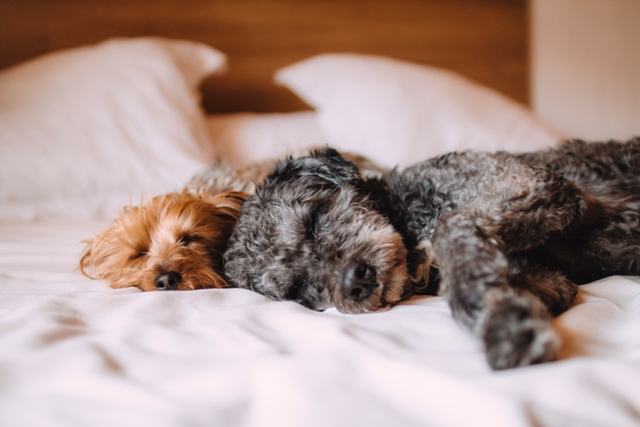
Sleep in on the weekends
A lot of us try to make up for our weekly sleep deficit by getting some extra on the weekend. It can feel really luxurious to skip setting the alarm. Unfortunately it’s only making any sleep problems you have worse. A strict schedule is the number one tip for good sleep.
This brings us to the dos.
Do
Stick to a regular schedule, day in, day out
Yes, on weekends and holidays too. Our bodies love getting into a routine and people who can do this report falling asleep like magic. Introducing some other activities that signal to your brain that you’re winding down can also help. It can be as simple as washing your face, brushing your teeth and reading for 10 minutes every night. Having a warm bath or shower, listening to an audio book or soothing music or a physical relaxation routine can all be good choices.
Expose yourself to bright light in the morning
Just as important as cutting out the artificial light at night is getting some light exposure early in the day. You can combine this with the next tip.
Get some regular exercise
Whatever suits your level of ability and fitness. Many people struggle with this especially if they are ill, fatigued or have limited mobility, but the benefits can’t be overstated. If you want to start exercising after you’ve been inactive for a while, talk to your doctor about ways to achieve this. Exercising outside is best for your sleep but any exercise will be beneficial, so long as it’s not close to bedtime.
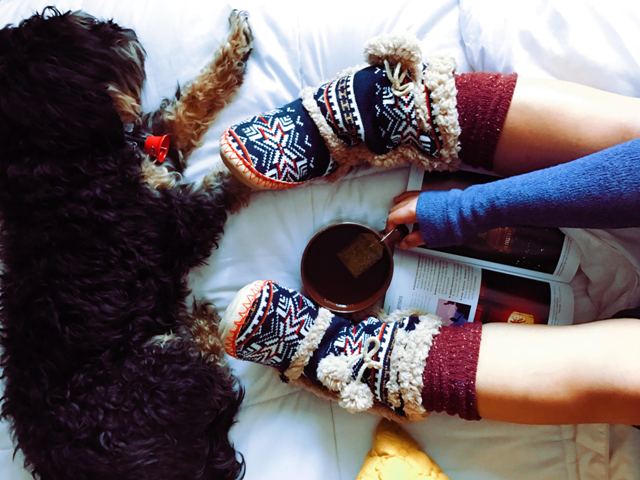
Cool room, warm feet
Don’t overheat your room. Slightly cool is meant to be best but not for your feet and hands. If you have noticeably cold feet you may need to wear some bed socks. Most people in our Australian climate won’t need to use gloves for bed but if you have especially cold hands at night it may be worth a try.
Finally
If these tips don’t work for you, and your sleep problems are starting to disrupt your life, it’s probably a good idea to talk to your GP. Your GP may have other suggestions or refer you to a sleep specialist. However, should your GP prescribe drugs, remember that these are a very temporary solution that almost always make things worse in the long run and are not recommended for most people.
Last updated 3 June 2024
More from:
Enjoyed this article? Subscribe to be notified whenever we publish new stories.
Subscribe for Updates
